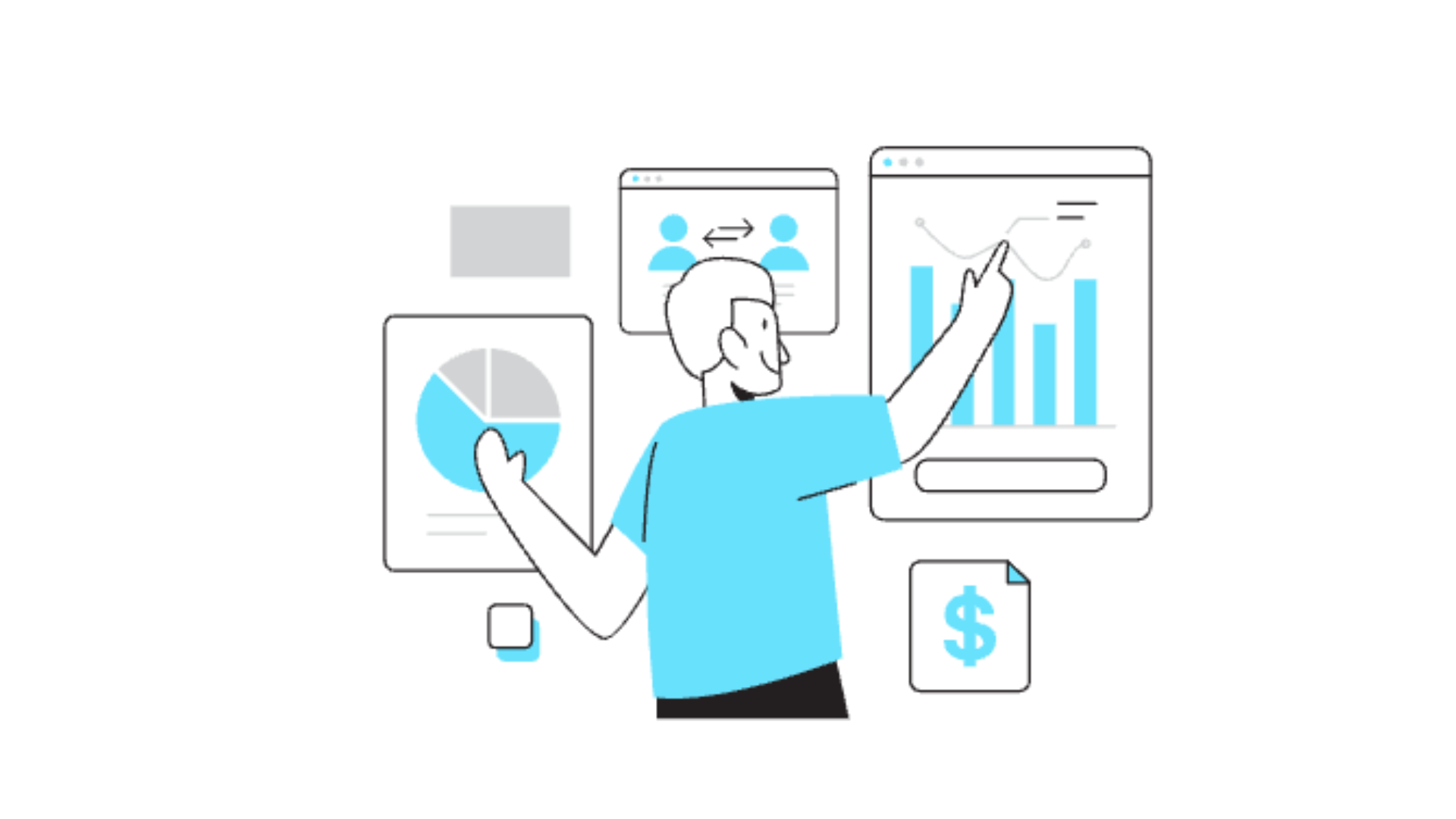Can AI SEO replace traditional SEO? An honest analysis

Entire industries have been built on the promise of ranking higher, capturing organic clicks, and turning visibility into revenue. But the rise of artificial intelligence is forcing a new question: can AI SEO replace traditional SEO?
AI SEO refers to the use of artificial intelligence to generate, optimize, and even distribute content for search. From AI-powered keyword research tools to automated content briefs and machine-written articles using AI blog writing prompts, the landscape is shifting rapidly. Marketers are understandably nervous. If AI can optimize at scale, what happens to the playbook they’ve relied on for years?
This article examines the tension between AI SEO and traditional SEO, highlights where AI is transforming the discipline, and explores why human-led strategy still matters more than ever.
What AI SEO actually means
At its core, AI SEO is about applying artificial intelligence to the tasks traditionally carried out by SEO teams. That includes identifying keywords, analyzing competitors, suggesting content structures, predicting search intent, and in some cases, drafting the actual copy.
Instead of hours spent poring over spreadsheets, marketers can now generate optimized outlines or content drafts in minutes. AI can also analyze massive data sets—search volume, click-through rates, backlink profiles—far faster than humans. In theory, this makes optimization more precise and efficient.
But AI SEO is not a replacement for search itself. Google, Bing, and other engines still crawl, index, and rank web content. What changes is how that content is created and optimized.
Where AI SEO appears stronger than traditional SEO
AI tools bring clear advantages that are difficult to ignore. The first is speed. A process that used to take days—researching topics, clustering keywords, drafting outlines—can now be compressed into an afternoon.
Second, AI enables personalization at scale. Instead of producing one generic article, AI can generate multiple variations tailored to different audiences or stages of the funnel.
Third, AI can uncover patterns humans miss. By scanning billions of queries and user behaviors, AI highlights subtle intent shifts, related terms, and rising trends long before they hit mainstream awareness.
These benefits make AI SEO attractive for teams under pressure to produce more content with fewer resources.
Where AI SEO falls short
Yet efficiency does not always equal effectiveness. AI’s weaknesses become apparent when nuance and trust matter most.
Accuracy is a concern. Generative systems sometimes “hallucinate,” inventing facts or misattributing data. For SaaS companies in sectors like finance, health, or compliance, even small errors damage credibility.
Context is another limitation. AI can stitch together existing information but struggles to generate original insights or contrarian perspectives. In competitive markets, repeating what’s already out there rarely helps a brand stand out.
Finally, authenticity matters. Readers can sense when content lacks a human touch. A blog post optimized perfectly for search but void of storytelling or personality may rank briefly, but it rarely converts loyal customers.
Why AI SEO cannot fully replace traditional SEO
The question, then, is whether AI SEO can replace the traditional discipline altogether. The honest answer is no—at least not in the foreseeable future. Instead, AI SEO extends and reshapes SEO rather than eliminating it.
There are three main reasons. First, search engines themselves still rely on traditional signals: backlinks, authority, structured data, and technical health. AI cannot bypass these fundamentals.
Second, depth still matters. Summaries generated by machines can satisfy simple “what is” questions, but they cannot replace detailed case studies, customer stories, or long-form analyses that help buyers make serious decisions.
Third, brand differentiation requires human creativity. AI writing tools can generate competent content, but it cannot express lived experience, strategic vision, or company culture—the very things that attract and retain customers.
That’s why many businesses continue to rely on freelance SEO consultants to shape strategy, identify opportunities AI tools overlook, and ensure optimisation stays aligned with brand voice and long-term goals.
How AI SEO is reshaping the role of marketers
Rather than making SEO obsolete, AI is changing the marketer’s role. Instead of spending hours on repetitive tasks, teams can now focus on higher-order strategy.
Keyword research becomes less about finding exact phrases and more about building topical authority. Content production shifts from churning out articles to curating unique insights that AI cannot replicate. Technical SEO and structured data become even more critical, as machines favor clarity and precision.
In other words, AI SEO pushes marketers up the value chain. The differentiator will no longer be who can produce the most content, but who can produce the most authoritative, trustworthy, and human content—supported, not replaced, by AI.
Where AI SEO may dominate
There are areas where AI SEO could take over almost completely. Simple fact-based queries, such as definitions or basic instructions, can easily be automated. Quick how-tos or listicles with little need for originality are also prime candidates.
For publishers who rely on traffic from these kinds of queries, the risk is real. If AI can generate the answer instantly, users have little reason to click through.
Where traditional SEO remains essential
But the higher the stakes of the decision, the more traditional SEO continues to matter. Complex buying journeys—like choosing enterprise software or evaluating compliance platforms—require depth, trust, and proof. No AI summary can replace a detailed white paper, a case study with hard metrics, or a customer testimonial in video form.
Similarly, brand-driven content—thought leadership articles, opinion pieces, narratives from founders—cannot be delegated to machines. These elements build authority in ways that algorithms alone cannot.
What SaaS companies should do in the AI SEO era
For SaaS businesses, the smartest approach is not to abandon SEO but to adapt it. That means embracing AI as a support system while doubling down on areas where human expertise adds irreplaceable value. For example, a mobile app development company should build a library of in-depth resources that establish topical authority and give AI systems something credible to cite.
Companies should build a library of in-depth resources that establish topical authority and give AI systems something credible to cite. They should optimize for clarity with structured data, so machines can parse content accurately. They should strengthen reputations on review sites and communities, where AI often pulls signals of trust. And above all, they should infuse every piece of content with original insights drawn from their product, customers, and industry experience.
The measurement of success will also expand. Instead of focusing only on clicks, companies will need to track citations, mentions, and indirect visibility driven by AI-powered summaries.
The honest bottom line
AI SEO is not the end of SEO—it is its evolution. The fundamentals of discoverability remain: authority, relevance, and trust. What changes is the scale and format of optimization.
AI can accelerate research, streamline production, and surface hidden patterns. But it cannot replace the human ability to interpret nuance, build relationships, and craft narratives that resonate with real people.
The future of SEO is not man versus machine, but man with machine. Companies that master this partnership—letting AI handle the heavy lifting while humans deliver originality and authenticity—will own the next decade of search.
Conclusion
So, can AI SEO replace traditional SEO? The straightforward answer is no. It can automate parts of the process, outperform humans in speed, and handle simple informational queries. But the essence of SEO—building authority, creating trust, and guiding complex buying journeys—still depends on human strategy and expertise.
For SaaS companies in particular, the opportunity is clear. Use AI to scale operations, but never outsource your voice. The winners will be those who adapt quickly, blend efficiency with creativity, and treat AI not as a substitute but as a catalyst for better SEO.



